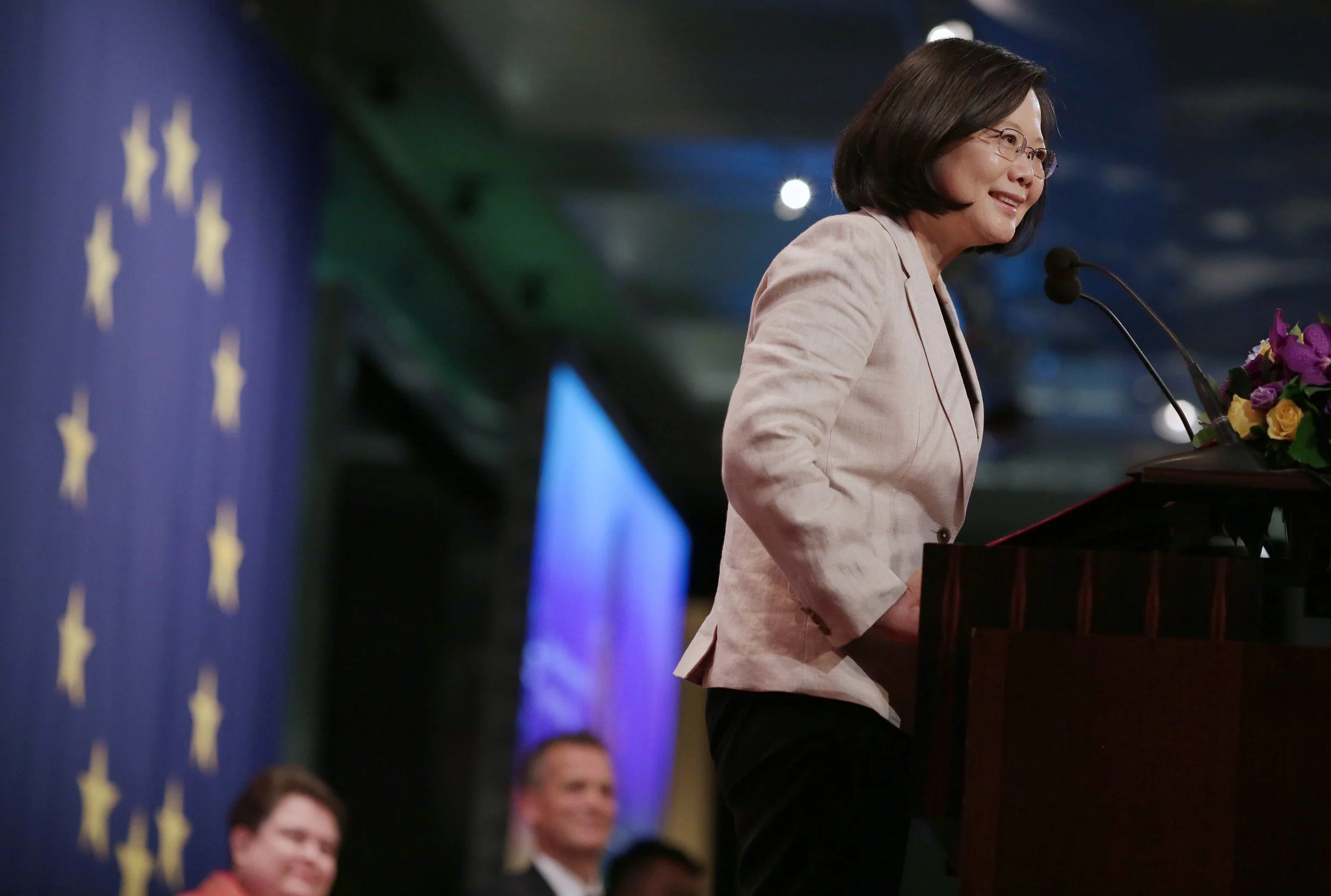Written by Fabio Figiaconi
The EU small powers’ strategies for engaging the Indo-Pacific demonstrate their capacity to shape their foreign policy goals in the region, despite the structural and material constraints they have faced compared to larger European players.
Read More











